
Recommendation
The Soviet Union’s economy was a monolith, not divided into separate companies. After it collapsed, Russia underwent a slow, gradual and painful process of transforming a centralized economy into one governed by private markets. Now, Russia’s power derives from its energy revenues, and its stature in the world’s energy supply lets it leverage those resources in global politics. The government’s informal, often personal, relationships within the energy sector shape foreign policy, but also contribute to political weakness. Professor Ingerid Opdahl’s delineation of tangled issues can be dry, but she shows how Russian power has emerged and explores the role its energy companies play in that advance.
Summary
About the Author
Ingerid M. Opdahl is associate professor at the Norwegian Institute for Defence Studies (IFS) at the Norwegian Defence University College. She heads the IFS’s Russian Security and Defence Programme.









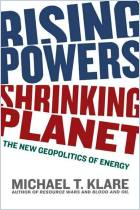
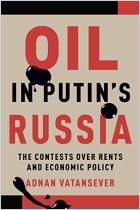
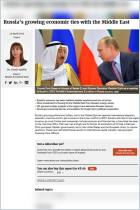
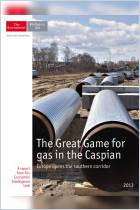
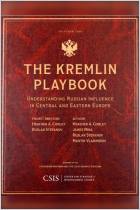
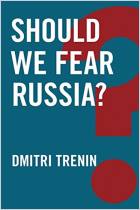




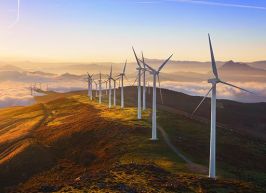


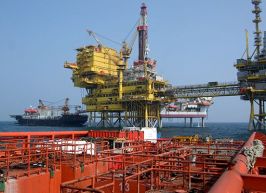
Comment on this summary or 开始讨论